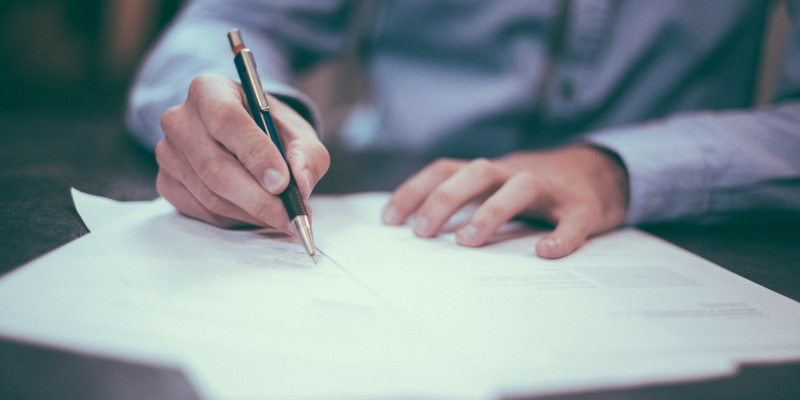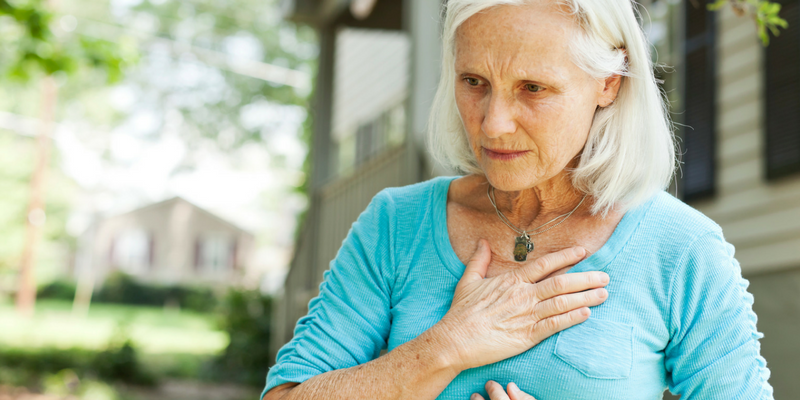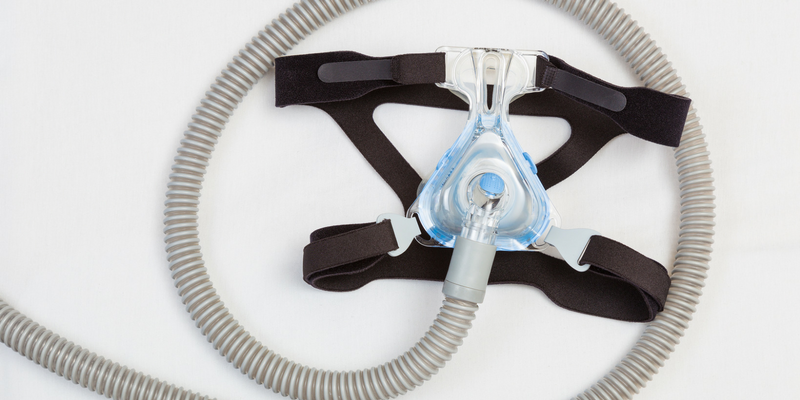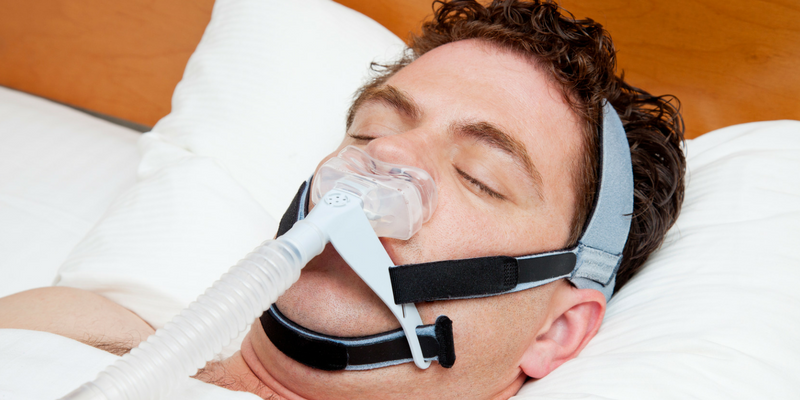
Did you know there are currently over 10 million cases of undiagnosed sleep apnea in the United States? If these 10 million Americans suffering from sleep apnea go on untreated, they are facing a huge list of additional diagnoses including heart attack, stroke, obesity, diabetes and heart failure. This is why CPAP Central wants you to screen yourself and then visit a sleep lab to find out how to treat your sleep apnea RIGHT NOW!
Here are three quick and easy ways to screen yourself for sleep apnea at home:
1 – The Epworth Sleepiness Scale
The Epworth Sleepiness Scale was developed in 1990 by Dr. Murray Johns. It typically takes less than 3 minutes to complete, and evaluates your daytime sleepiness in order to determine how likely you are to have a sleep disorder. Take the Epworth Sleepiness Scale now.
2 – The STOP BANG Questionnaire
STOP BANG stands for Snoring, Tiredness during the daytime, Observed apnea, Pressure (high blood pressure), Body mass index, Age, Neck circumference and Gender. The questionnaire evaluates whether you have an obstruction in your airway that might be contributing to obstructive sleep apnea. Take the Stop Bang Test.
3 – The Appnea App by Zeeba Sleep Center
The Appnea App by Zeeba Sleep Center is available in both Google Play and iTunes App store as AppNea. This new app offers a questionnaire and a recording sleep feature which evaluates your sleep recording for sleep apnea risks. Get AppNea at Google Play.
After trying out these three at-home screenings, be sure to follow their advice and seek consultation from your family doctor or a local sleep specialist. If you discover that you are indeed suffering from sleep apnea, visit CPAPCentral.com for the best deals on all your PAP supplies!



